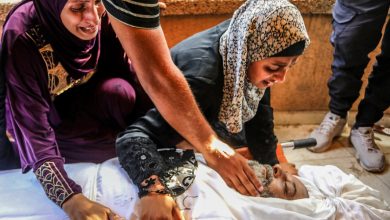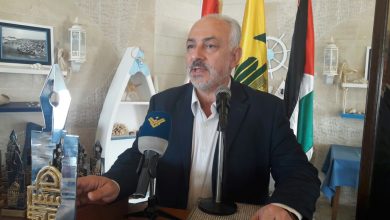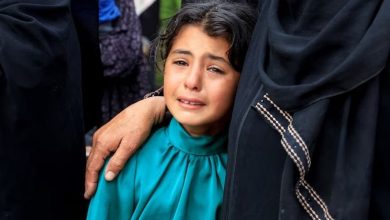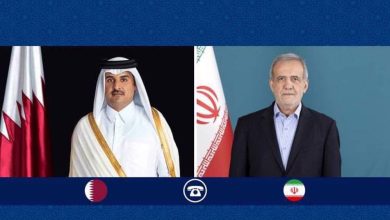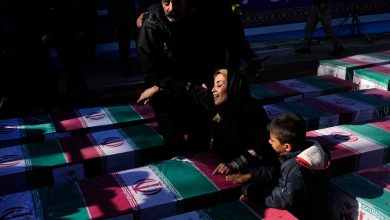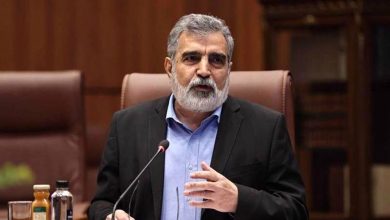VP: Iran operates independently regarding nuclear technology, without seeking consultation or taking directives
Iran's First Vice President Mohammad Reza Aref has declared the nation's firm commitment to its independent nuclear policy. Aref emphasized that Iran will neither seek consultations nor accept directives from external entities.
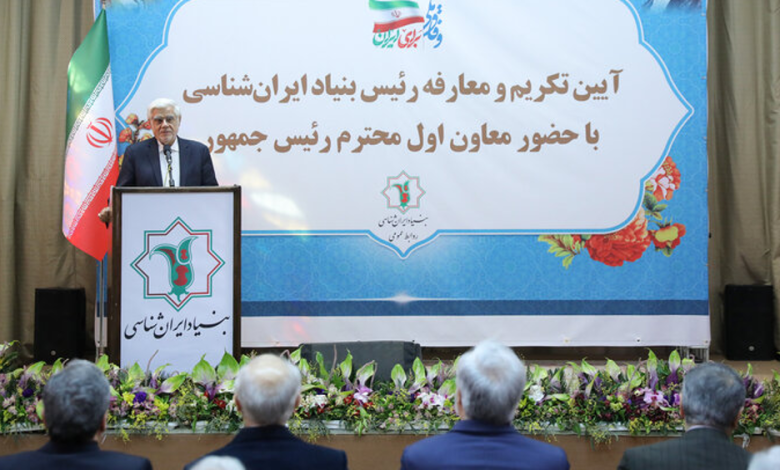
During the inauguration ceremony of the new head of the Iranology Foundation in Tehran on Tuesday, Aref highlighted the fundamental nature of Iranian culture, emphasizing that it is rooted in the pursuit of knowledge, extending even to the furthest corners of the globe.
He emphasized the importance of leveraging advanced technologies to their fullest potential and expressed a commitment to sharing these innovations, in conjunction with the rich heritage of Iranian civilization, with the global community.
Aref emphasized the critical role of nuclear technology in advancing human progress and addressing societal challenges. He stated that, while the deployment of such technology is not subject to external consultation or directives, there is a commitment to ensuring its accessibility for all.
Aref addressed what he described as a campaign of Iranophobia orchestrated by Western entities, asserting that Iranian civilization and culture serve as a beacon for humanity. He emphasized that Iran has successfully integrated Islamic culture to such an extent that Iranian and Islamic cultures are now indistinguishable, underscoring that the concept of Iran today inherently includes its Islamic identity.
He stated that the consequences of Western civilization are evident in the tragedies unfolding in Gaza, while the impact of Iranian civilization is reflected in the pride and honor experienced globally by Iranians.
He further stated that the current wave of Iranophobia has been orchestrated by individuals who profess to uphold civilization.
In a recent statement, Aref emphasized that the primary focus of Iran’s foreign policy is to forge and enhance relationships with neighboring regional countries, alongside Eurasian nations and relevant regional organizations.
It is often observed that countries are subject to the influence of external cultural impositions and political alliances. This influence can significantly impact diplomatic engagements, to the extent that even nations with traditionally amicable relations, such as an Islamic ally, may question the intentions behind our nuclear aspirations.
Amidst assertions of upholding civilization in the Western world, accusations have emerged implicating Western entities in the deaths of innocent civilians and other horrific acts. In contrast, Iranian-Islamic cultural principles emphasize the sanctity of human life, with the belief that the unjust loss of a single life is tantamount to the annihilation of humanity as a whole.
He questioned whether a society with such cultural and civilizational values could seek the development of nuclear weapons.
Western nations are urged to take note of Iran’s leading policy documents, which bear both the endorsement of the nation’s supreme leader and a religious fatwa. This fatwa, which the nation adheres to, explicitly forbids the development of nuclear weapons while promoting the peaceful utilization of nuclear technology, a directive that all governmental branches are committed to executing.
Aref stated that Iran is committed to fostering peace and advancing the technological and knowledge sectors essential for the nation’s progress, as outlined in its 20-Year National Vision. This strategic plan envisions Iran securing a significant role in regional affairs. Aref emphasized that the pursuit of these goals is regarded as a national responsibility.
He stated, “We maintain peaceful relations and are open to negotiation on certain matters within our value framework. However, we firmly stand against any concessions regarding our territorial integrity, resolutely defending every inch of our land.”


